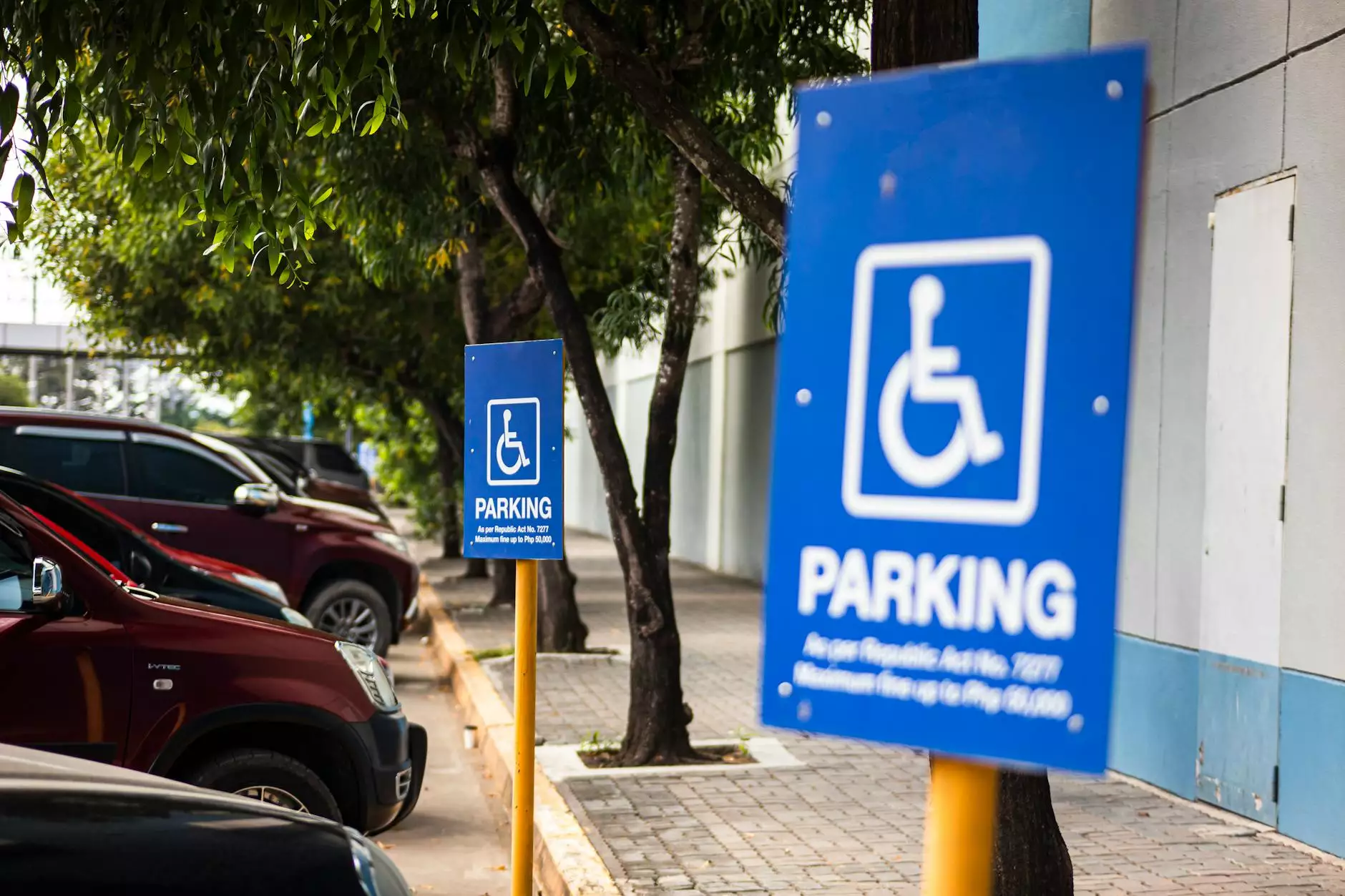Difference Between Independent Contractor & Employee
Employment Law
Introduction
Welcome to the Blair Patricia Law Firm, a leading legal firm specializing in employment law in Texas. In this article, we will explore the crucial distinction between independent contractors and employees, and why understanding this difference is of utmost importance for your business's legal compliance.
Defining Independent Contractors
Independent contractors, also known as freelancers or consultants, are self-employed individuals hired to perform specific tasks or projects for a company. They retain control over their work and are not considered employees under federal and state labor laws.
Understanding Employees
Employees, on the other hand, work under the direct control and supervision of a company. They typically have set work hours, receive regular pay, and are entitled to benefits such as health insurance, retirement plans, and paid vacations. Employees' work is subject to various employment laws.
Key Differences
Control and Independence
The most significant difference between independent contractors and employees lies in the level of control exerted by the hiring company. Independent contractors have the freedom to determine how they perform their work and have more flexibility in terms of their schedule and work location. Employees, however, must adhere to the employer's rules and regulations and work according to the company's guidelines.
Financial Considerations
Financial aspects also differentiate independent contractors from employees. Independent contractors are responsible for paying their own taxes, while employees have taxes deducted from their paychecks by the employer. Independent contractors are not entitled to employee benefits, such as health insurance or retirement plans, that employees may receive.
Liability and Legal Protections
Another crucial distinction is liability. Independent contractors are typically responsible for their work errors or mistakes, relieving the hiring company from potential liability. However, employees may have legal protections through state and federal employment laws, including workers' compensation and protection against wrongful termination or discrimination.
Why It Matters for Your Business
Properly classifying workers as either independent contractors or employees is essential to avoid legal complications and ensure compliance with employment regulations. Misclassification can result in costly consequences, including fines, penalties, and legal disputes. Understanding the difference helps business owners establish appropriate working relationships, manage tax obligations, and protect their interests.
Consult Blair Patricia Law Firm for Legal Guidance
Blair Patricia Law Firm specializes in employment law and provides expert legal advice regarding the distinction between independent contractors and employees. We understand the intricacies of Texas labor laws and can help you navigate the complexities of worker classification. Contact our experienced legal team today for personalized guidance that suits your business's unique requirements.










